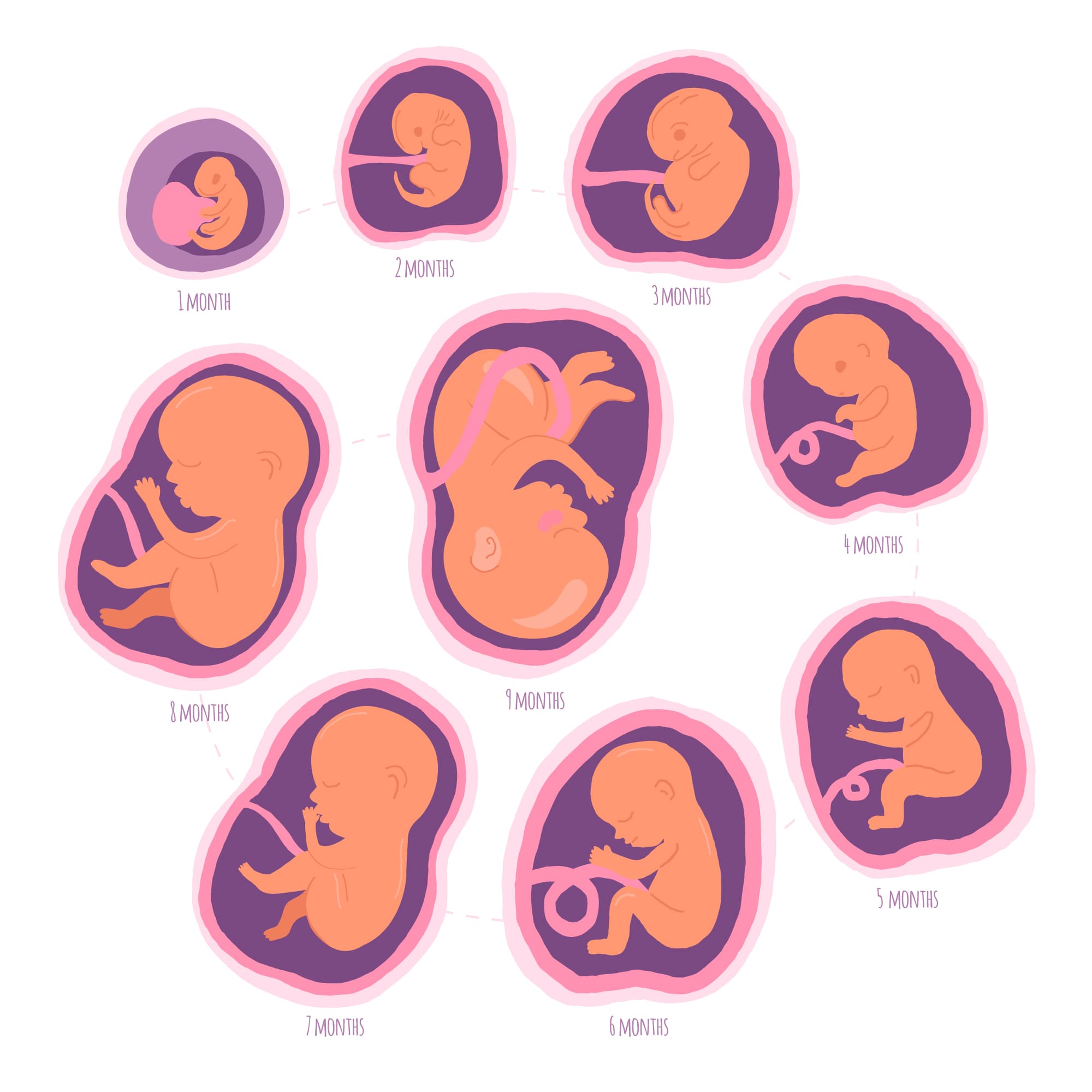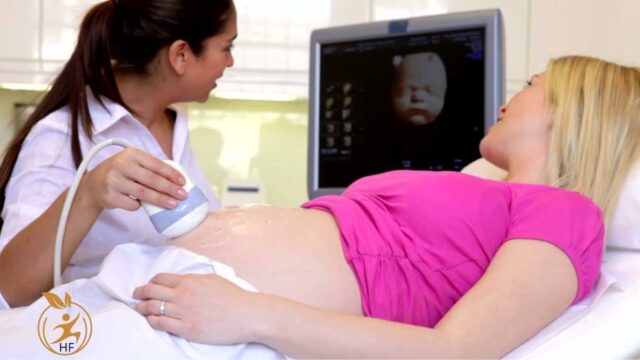In the realm of pregnancy, there exists a spectrum of emotions—from excitement and anticipation to worry and fear. However, there’s one experience that no expectant parent ever wishes to encounter: fetal demise, also known as intrauterine fetal death. This devastating occurrence, wherein a baby passes away in the womb before birth, shatters the dreams and hopes of families, leaving them grappling with grief and confusion.
Unveiling the Concept of Fetal Demise
Fetal demise is a term used to describe the tragic event of a baby’s death in utero, occurring after 20 weeks of gestation. While rare, it’s a heart-wrenching reality faced by some parents, leaving them to navigate a rollercoaster of emotions and decisions.
Understanding the Causes and Contributing Factors
Various factors can contribute to fetal demise, ranging from maternal health conditions to pregnancy complications and external influences. Chronic health issues such as diabetes and hypertension, as well as placental abnormalities and genetic factors, can heighten the risk.
Deciphering the Signs and Symptoms
Recognizing the signs and symptoms of fetal demise is paramount for timely intervention and support. Expectant parents should be vigilant for reduced fetal movement, an absence of fetal heartbeat, and changes in pregnancy symptoms such as decreased uterine growth or vaginal bleeding.
Navigating the Diagnosis Process
Diagnosing fetal demise involves a series of diagnostic tests and imaging procedures, including ultrasound examinations and fetal heart monitoring. These diagnostic measures help confirm the heartbreaking reality of fetal loss, paving the way for informed decision-making.
Coping with the Emotional Impact
The emotional toll of fetal demise is profound and enduring. Grief, guilt, and a sense of loss permeate the lives of affected families, necessitating compassionate support and coping strategies. Seeking solace in support groups, counseling services, and memorialization rituals can provide a semblance of healing amidst the pain.
Exploring Medical Management Options
In cases of fetal demise, medical management focuses on facilitating the safe delivery of the baby while providing emotional support to the parents. Inducing labor, delivering the baby vaginally or via cesarean section, and arranging postmortem examinations are among the steps taken to navigate this challenging journey.
Nurturing Hope for the Future
While grappling with the aftermath of fetal demise, families may find solace in the prospect of future pregnancies. Preconception counseling, comprehensive prenatal care, and recurrent pregnancy loss evaluations offer hope and guidance for those embarking on the path to parenthood once again.
Embracing Support Resources
Amidst the darkness of grief, there exists a beacon of light in the form of support resources tailored to families affected by fetal demise. From online forums and bereavement services to local support groups and memorial organizations, these resources offer a lifeline to those navigating the complexities of loss.
Empowering Awareness and Compassion
Understanding Fetal death goes beyond clinical definitions—it encompasses empathy, resilience, and unwavering support for families enduring unimaginable loss. By raising awareness, fostering compassion, and providing comprehensive support, we can navigate the journey of Fetal death with grace, understanding, and solidarity.




